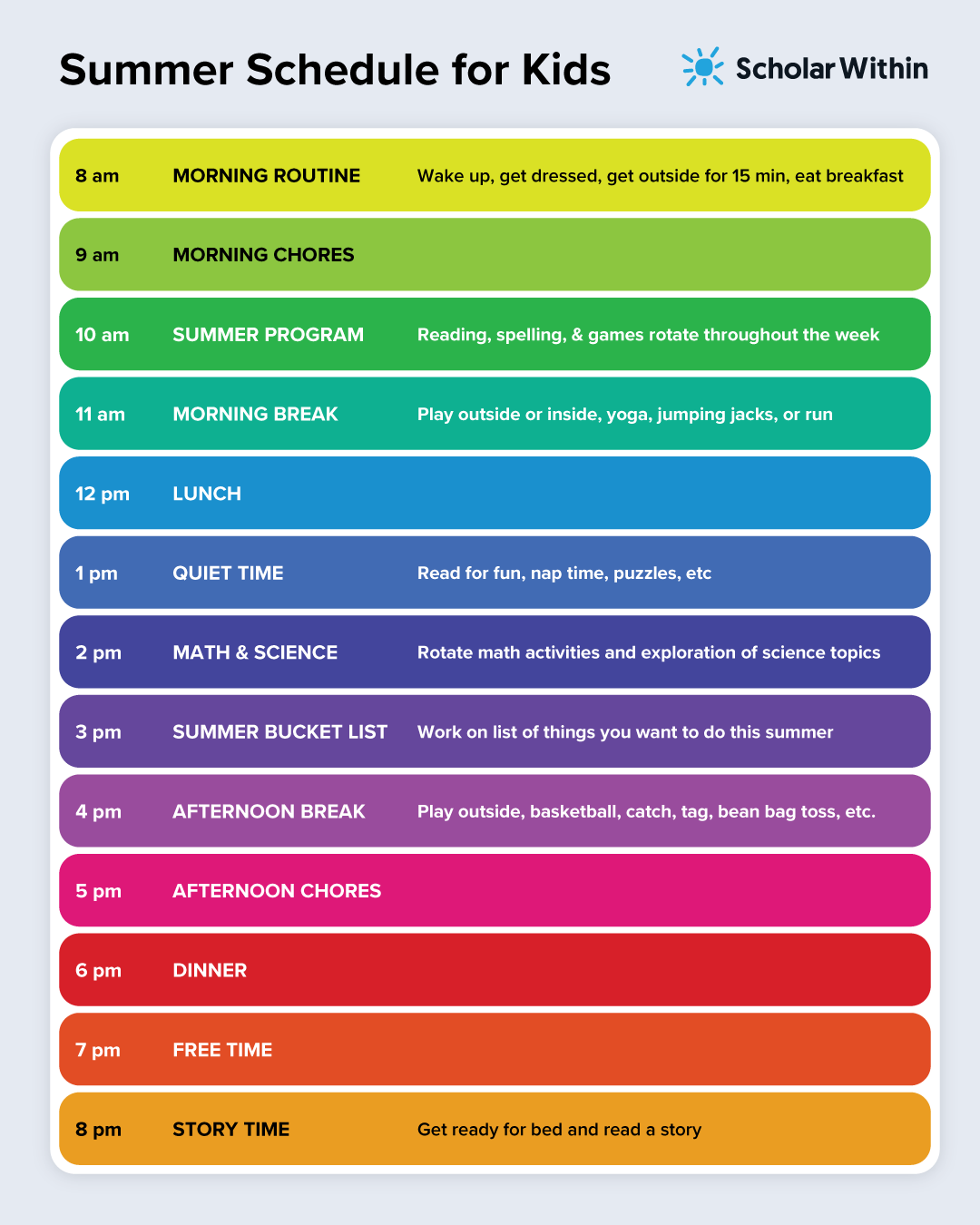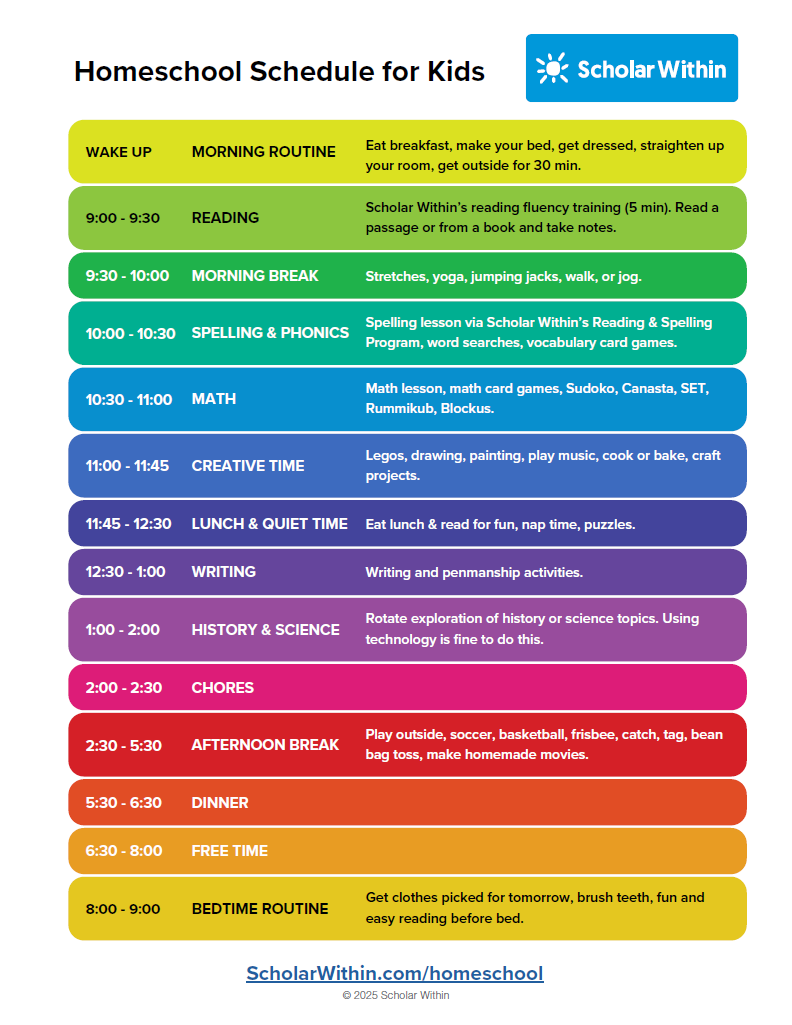
Auditory Processing and Spelling
What is Auditory Processing?
Have you ever heard a new word and tried to spell it? Doing this helps you to remember the new word. The process of reading new words is much easier than spelling new words.
Reading is the process of decoding. Spelling is the process of encoding. These are two sides of the same coin. Decoding is sounding out words. Encoding is figuring out how to spell words.
That being said, the act of spelling brings your letter knowledge and phonemic awareness together. Phonemic awareness is the ability to match the sounds you hear with the letters that represent them. This is also the ability to manipulate sounds and use the sounds of oral language.
So, let’s look at phonemic awareness. It is typically taught in the early grades and then forgotten about. This is one reason that many kids and even adults have difficulty with spelling. Reviewing and practicing this skill as you spell longer words improves your spelling. This, then, improves your overall auditory processing and listening skills.
Practicing phonemic awareness, matching sounds to letters, is the foundation of our Reading and Spelling Program. We teach spelling through interactive video lessons. We also teach how to spell words confidently and accurately through spelling patterns.
Great spelling skills go hand in hand with great reading skills.
This is the reason why we include everything that is in the spelling program in our At-Home and Online Reading Program. There is a structure to the English language. Reading and spelling become so much easier when you learn the structure.
Learn more about the Spelling Program
Learn more about the Reading & Spelling Program

The Auditory Processing and Spelling Connection
We all take in information through the sense of hearing (auditory), seeing (visual), and doing (tactile-kinesthetic). Each of these systems is critical to our ability to learn. So, incorporating them into a reading and spelling program is important.
Auditory processing skills are foundational to read, spell, and write. The first steps in learning are not just visual, they are also auditory. A baby can hear a mother’s voice before being born. Toddlers refine the sounds they hear. This is the beginning of phonemic awareness. The early grades teach you to refine your auditory processing skills. This includes phonemic awareness and phonics. These skills are used throughout school and life.
Phonemic awareness is your ability to hear, identify, and manipulate individual sounds, phonemes, in spoken words. Phonics is the next step in the process. It is the ability to relate the auditory sounds to a visual symbol, a letter, or a group of letters. This is how we spell. We take the sounds we hear and put the letters that represent them together to spell the words.
Areas of Auditory Processing that are the Foundation of Spelling
Auditory Discrimination
Auditory discrimination is the most familiar area of auditory processing. This is the ability to discriminate between individual sounds or words that are similar or different in the way they sound. For example: very and berry, mob and mop, half and have.

Auditory-Visual Integration
This is both an auditory processing area and a visual processing area. The ability to accurately relate an auditory sound to a visual symbol is how we use letters to represent sounds.
Auditory Closure
Auditory closure is the ability to combine sounds together to make words. This is often referred to as sound blending. Given the individual sounds /b/, /a/, and /t/, can you pull them together to make the word bat? Filling in the missing piece of a word is another part of auditory closure. If I were to say to _a to, can you fill in the missing /m/ and say tomato?
Auditory Figure-Ground
Figure-ground is attending to instruction when there is background noise. An example is when your kids are watching television and you ask them to do something, do they do it? Did they even hear you? Or are they distracted by the background noise of the television?
These are four of the nine areas of auditory processing that impact spelling, reading, and overall learning.
The Structure of the English Language
The first step is to understand how we put sounds together with letters to make words. In the English language, we do this in 8 ways. These 8 ways are the 8 spelling patterns. We only put letters together in 8 different ways to make words. For example, most of us know the vowel-consonant pattern. This is where the vowels give their short sound. They do that in the words: hat, set, it, pot, fun, and the two-syllable word picnic.
Scholar Within’s Spelling Program incorporates 9 Areas of Auditory Processing
Scholar Within’s Spelling Program uses proven methods that improve your auditory processing system:
- Interactive Phonics and Spelling Video Lessons
- Phonogram Card Games
- Auditory Memory Activities
- Auditory Discrimination Activities
- Auditory Figure-Ground Activities
Watch the Webinar Replay:
👉 Auditory Processing, Decoding, and the Secret to Spelling 👈
Who is Scholar Within?
Scholar Within was founded by learning expert Bonnie Terry, M. Ed., BCET. Bonnie began designing and developing her own custom educational tools when she started her private learning center in the 1990s. Soon, teachers began to ask what she was using with the kids who saw her. The teachers saw the dramatic improvements that the kids made in school. From there, Bonnie decided to make her materials available to teachers and families worldwide.
Now, Bonnie Terry has turned her materials into a full-service online program that you can follow step-by-step at home, on your schedule. School alone is not enough anymore. Bonnie’s programs boost your kid’s overall learning skills by focusing on improving the auditory, visual, and tactile processing areas of your brain to make it work more efficiently.
Learn more about Scholar Within.





I have a 15 year old with LLD would this help her she battles with reading
Yes, the program will help. We sent email with additional details.
I love this page. It has really helped me.
Hi,
Does this program follow an Orton-Gillingham approach or an approach suitable for dyslexia and if so how so?
Thank you.
Hi Chris! Yes, our spelling program follows an Orton-Gillingham approach. Our program implements the following OG principles and strategies: Orton-Gillingham Instructional Components for Optimal Learning: – Multisensory: Uses all of the senses (auditory, visual, and tactile-kinesthetic) – Sequential: Proceeds step-by-step in a logical sequence – Incremental: Each lesson builds upon prior learning – Cumulative: Constantly and consistently reviews previously taught concepts – Individualized: Meets each student’s individual needs – Phonogram-Based: Words are based on combining letters and letter combinations known as phonograms (the sound-symbol relationship, also known as the Alphabetic Principle) – Explicit: Stated clearly and in a detailed manner… Read more »